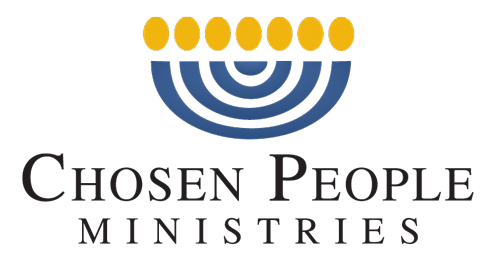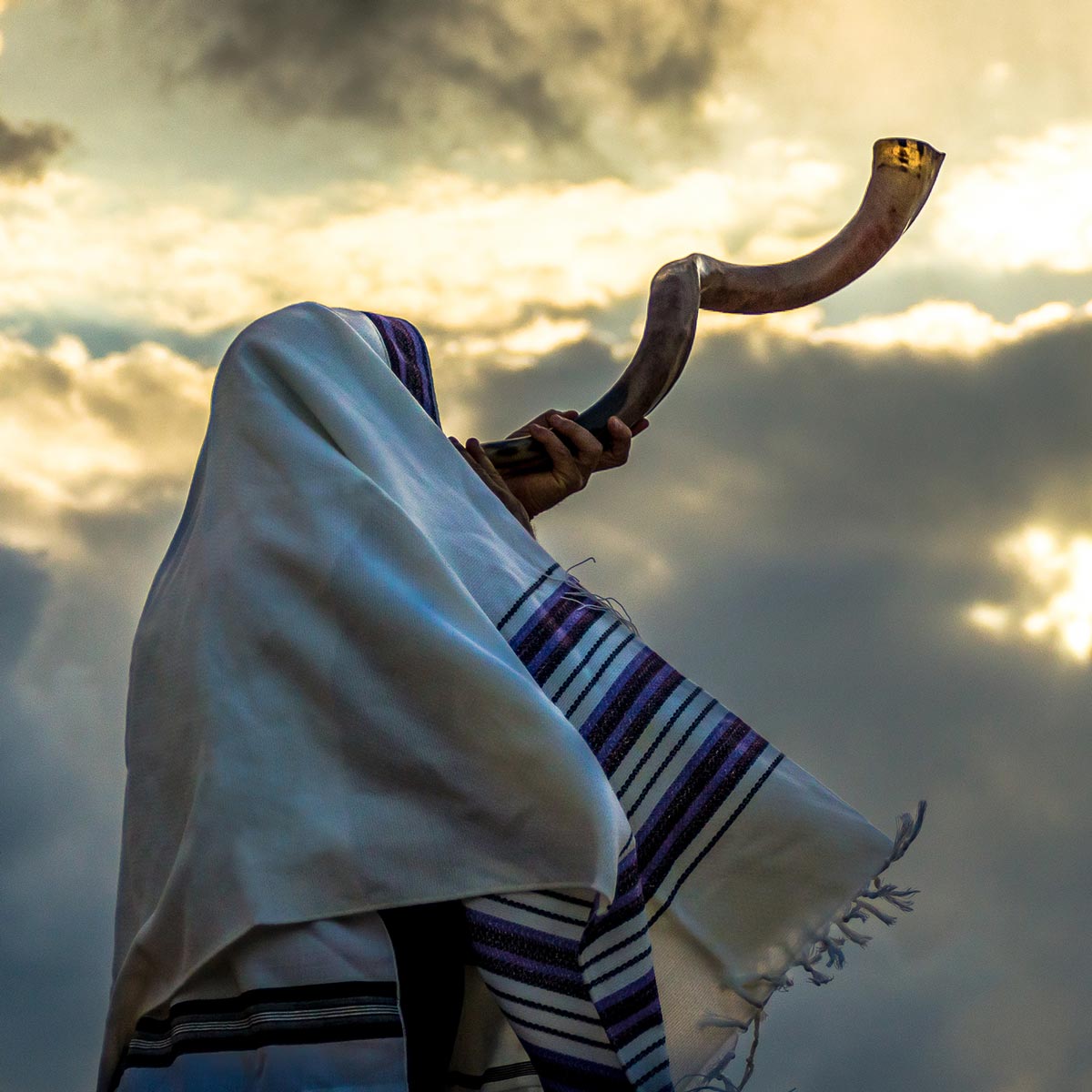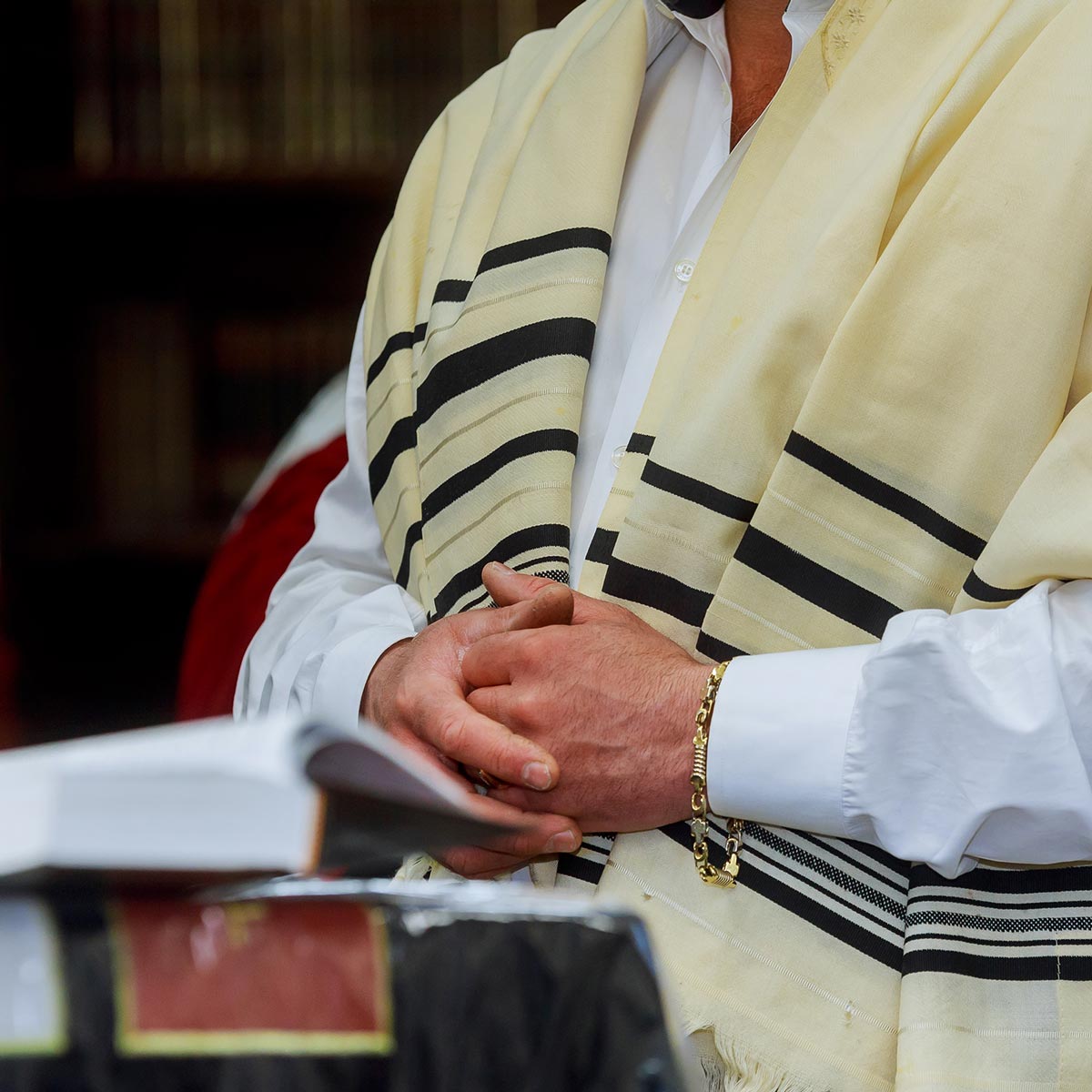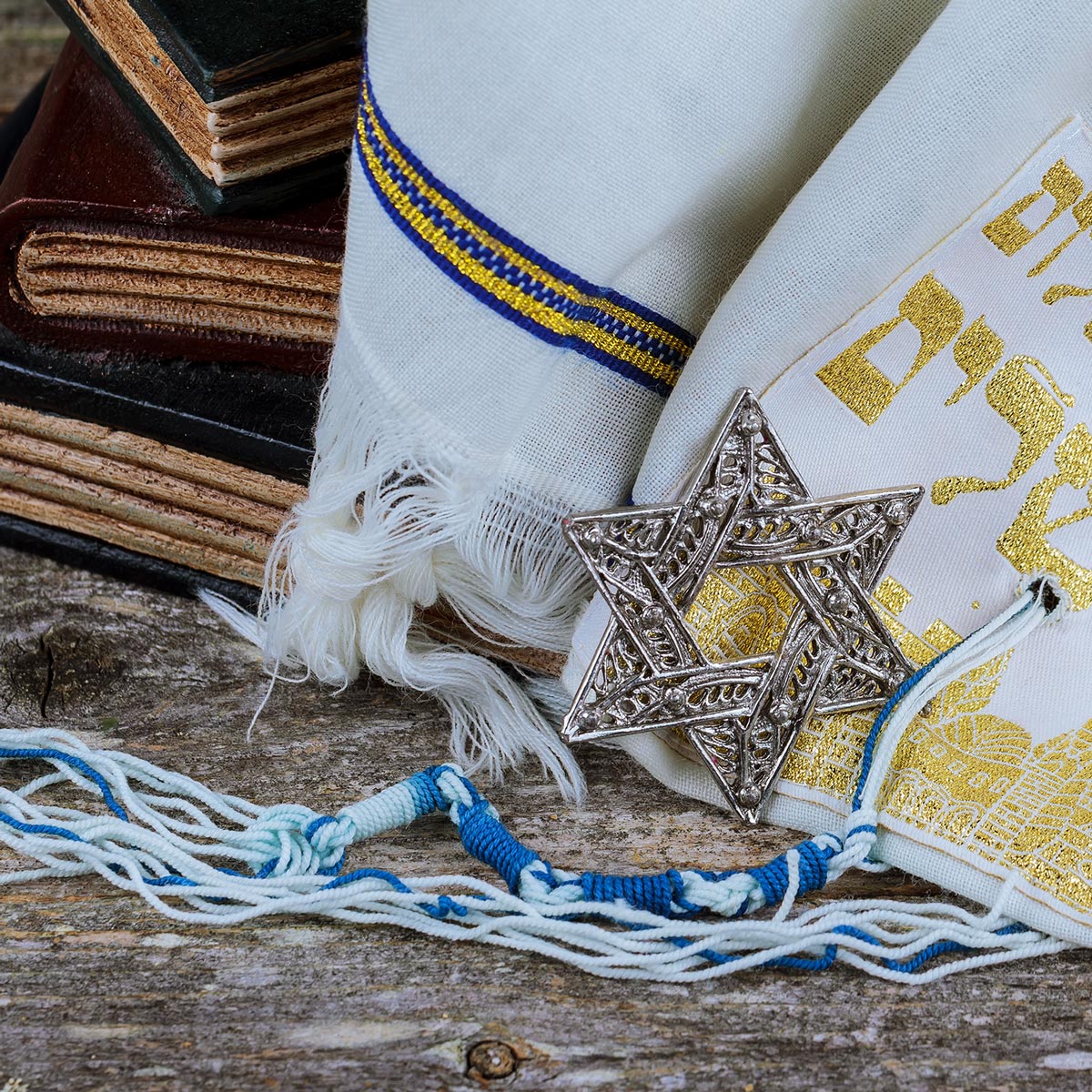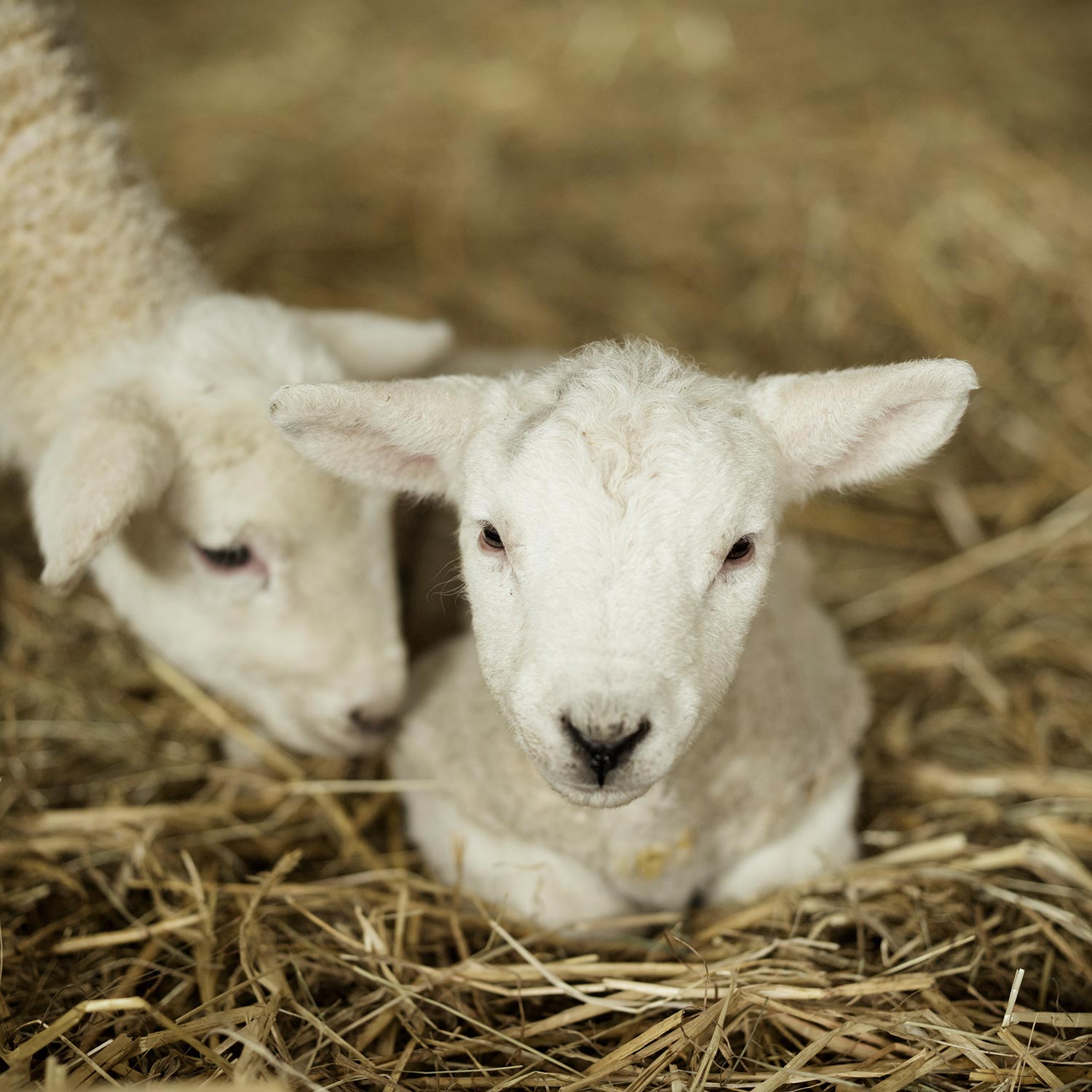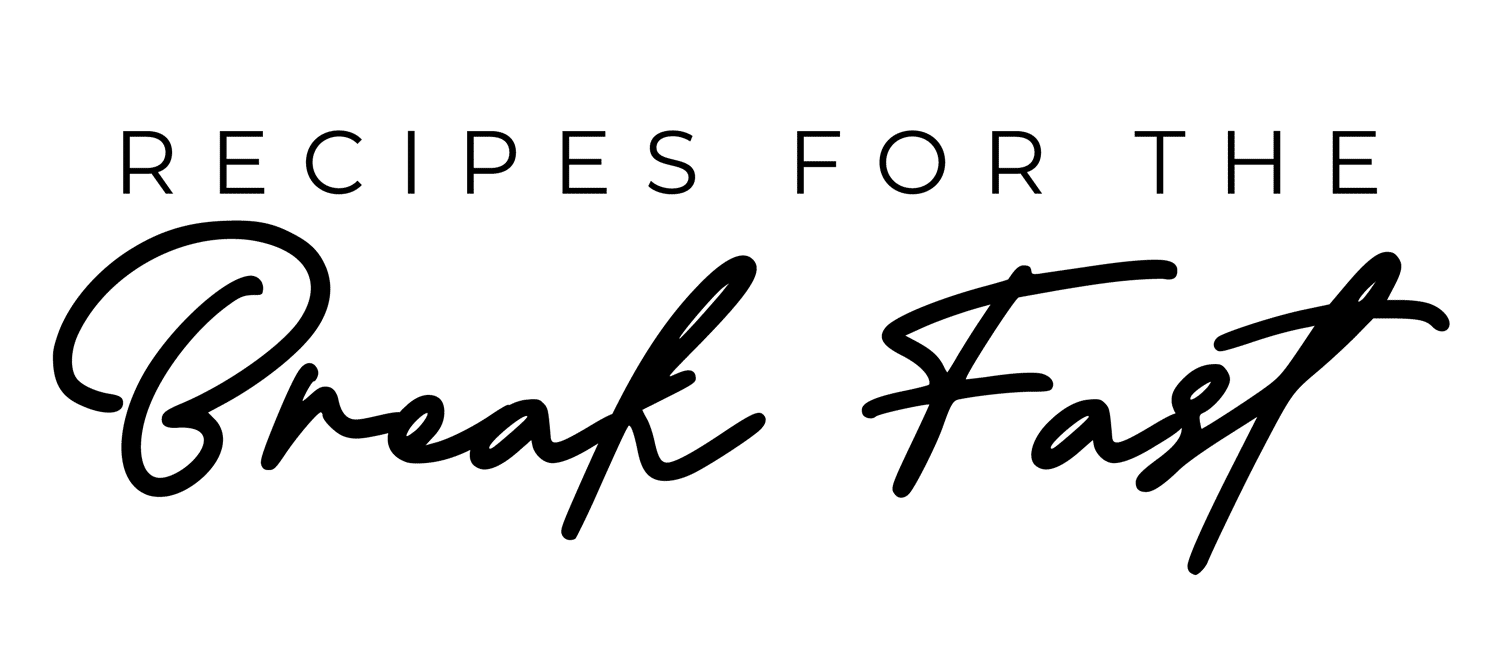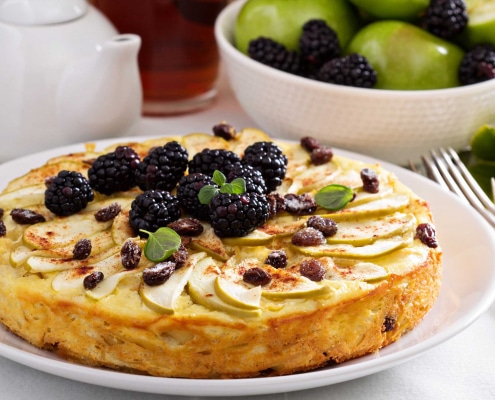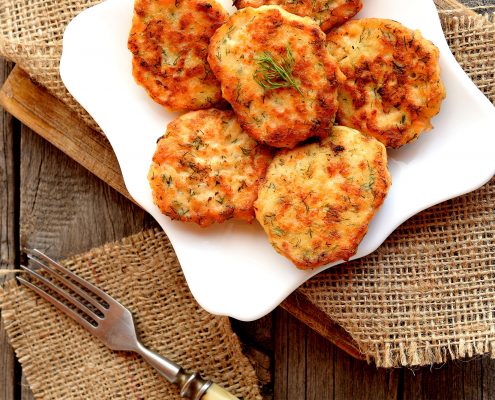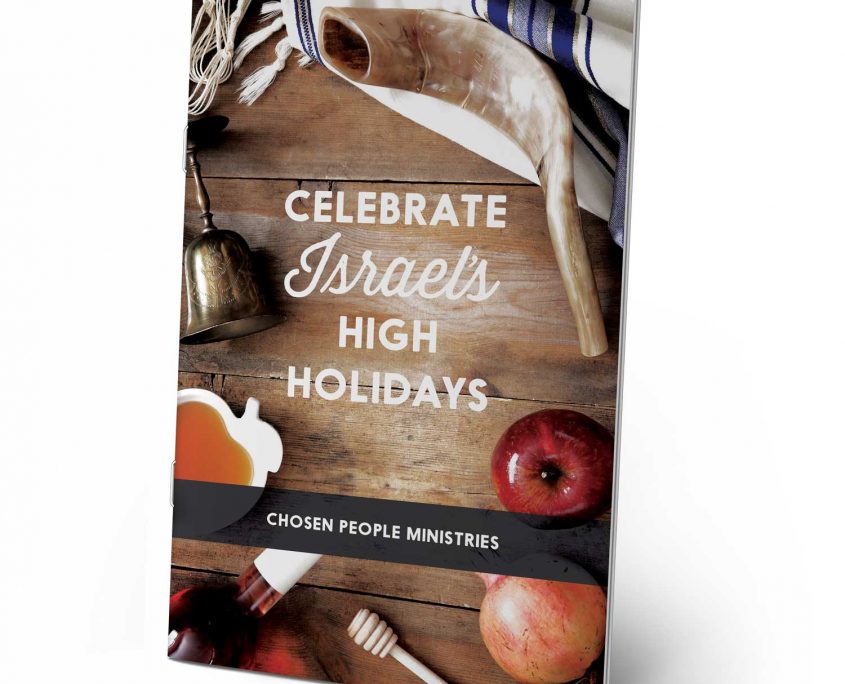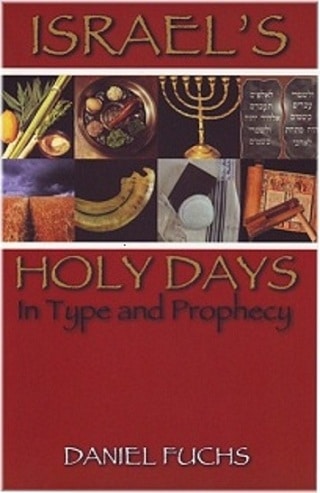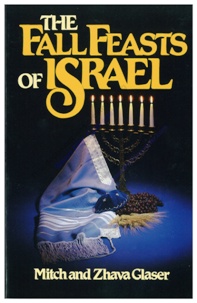What is Yom Kippur?
Yom Kippur, the Day of Atonement, is the most solemn day on the Jewish calendar. The Bible describes Yom Kippur as a day of affliction (Leviticus 16; 23:26-32). In the ancient world, the High Priest woke up early, donned his priestly garments, and sacrificed a bull for both himself and his family. He then cast lots over two goats, choosing one for the Lord and designating the other as the goat to remove sin. Only on this day did the High Priest enter into the Holy of Holies in the Temple to offer incense and sprinkle blood on the Ark of the Covenant. Before concluding the sacrifices by burning both the bull and the goat, the High Priest placed blood from the Lord’s goat onto the second goat. He then cast the second goat into the wilderness, thus symbolically removing Israel’s sin.
How is Yom Kippur observed today?
In modern observance, Yom Kippur involves a fast from both food and drink. Many spend the entire day praying in the synagogue. During the ten Days of Awe preceding Yom Kippur, many Jewish people pray and try to make amends with those with whom they may have had a misunderstanding during the previous year. During the Yom Kippur service, a prayer called “al chet” (all sin) is read, and then the congregation corporately acknowledges their wrongdoing and asks God for forgiveness. In modern observance, a special emphasis is given to “yiskor” (memory) in which Jewish people remember their departed loved ones by reciting their names. According to tradition, the Book of Life and the Book of the Dead are closed on Yom Kippur, and the fates of those within the books are sealed for the coming year.
Yom Kippur and redemption through the blood of the Messiah.
Followers of Jesus the Messiah confidently look forward to eternal life, because our names are written in the Book of Life. When Jesus died, the veil separating the Holy Place from the Holy of Holies was ripped in two, symbolically breaking a barrier between humans and the presence of God (Matthew 27:51). Previously, only the High Priest had access to this room, and he only entered it once a year on Yom Kippur. However, Jesus’ death gives believers access to God, because He entered into the heavenly Holy of Holies to offer His blood for our redemption (Hebrews 9:11-12). Unlike the Israelites’ annual sacrifices on Yom Kippur, Jesus’ one sacrifice continues to provide atonement to this day. Yom Kippur, for followers of Jesus, reminds us of the certainty of our redemption through the blood of our Messiah and High Priest, Jesus.
Salvation of the Jewish People
Yom Kippur also reminds us of the ultimate salvation of the Jewish people. The prophet Zechariah spoke of a day when the nation of Israel will recognize her Messiah, and “they will mourn for Him, as one mourns for an only son” (Zechariah 12:10). When the Jewish people recognize Messiah, as Paul writes, “All Israel will be saved” (Romans 11:26). The Day of Atonement thus reminds us of our own salvation and also looks forward to the salvation of Israel.
Kugel
Kugel is a casserole of noodles drenched in an egg mixture. When it is done, you will be introduced to a savory meal that also has sweetness to it. It is usually baked in a casserole dish, but this recipe calls for it to be baked in a pie tin.
Cheese Blintzes
Blintz is a Yiddish term meaning small pancake. These have been eaten in Jewish homes for hundreds of years. This version is very basic and served plain. Some people like to serve them with different fruit toppings and you may want to experiment.
Salmon Patties
My mom made these patties when we had leftover salmon from dinner. They are delicious served on a toasted English muffin!
